The Best Video Conferencing Software for Teams in 2025
In today’s digital age, having a strong online presence is essential for businesses, thanks to various sales channels and opportunities that boost revenue. Video conferencing tools streamline processes, whether you’re in an office or working remotely, fostering team collaboration and enhancing productivity.
These tools ensure stable video calls even with weaker internet connections, enabling you to record sessions, send messages, and share screens. Many video conferencing solutions now incorporate AI features to enhance automation, security, and compliance with international standards. If you’re in search of a video conferencing tool, consider any of the top options listed here and enjoy these benefits!
Factors to Consider When Choosing Video Conferencing Software for Teams
Evaluating video conferencing software before purchasing is wise. If the software can’t maintain steady video and audio quality, it’s not worth the investment. Below are key features that distinguish video conferencing software. Consider these factors when selecting the best software for your team:
- Reliable High Audio & Video Quality: Ensure the software maintains high-quality audio and video for a reliable web conference experience.
- Easy Meeting Setup & Joining: Meetings often occur spontaneously, so a seamless experience is essential for joining quickly without wasting time.
- Collaboration Features: Collaboration is vital for conveying, understanding, and brainstorming ideas. Basic features like screen sharing and chats are essential, while whiteboarding and direct collaboration are must-haves.
- Video Recording: Recording sessions aids in recalling meeting details. Recording should be straightforward, ideally with a single click.
- Simple Participant Addition: Adding participants outside the team should be easy while maintaining security.
- Pricing and Scalability: While many software offer free services for small-scale use, pricing becomes crucial for large organizations or webinars. Scalability is equally important for accommodating larger audiences.
- AI-driven Automation: AI integration enhances video conferencing software with live transcription, auto-scheduling, smart layouts, real-time summaries, and more, boosting efficiency and productivity.
The Best Video Conferencing Software for Teams in 2025
Below, we’ve listed the best video conferencing software for teams:
Zoom:
Zoom is a leading video conference call software. Setting up and joining meetings is straightforward; a link click suffices, and app installation isn’t always necessary. It’s reliable, maintaining call integrity even at low bandwidth. You can record sessions, send messages, and share screens or audio. It features a whiteboard for diagrams, images, and sticky notes. Recently, AI features like real-time transcription were added, allowing participants to ask questions and receive AI-generated answers. While the platform is user- friendly and dependable, enterprise editions for large organizations can be pricey.

Microsoft Teams
Microsoft Teams offers a robust video conferencing experience and team chat. Its whiteboard feature allows free drawing, note-taking, and diagram creation. Other collaboration features include saved chats for reference and automatic meeting transcriptions. The AI feature, Microsoft Copilot, is an impressive generative AI tool available as an additional subscription. While it integrates well with MS Office 365, confusion may arise when not using Teams for team chat.
Google Meet
Google Meet, a team video conferencing tool by Google, integrates seamlessly with other Google apps. You can plan meetings via Google Calendar, join with a link, and share notes or files through Google Drive. Joining calls via Gmail and sharing tabs in Chrome are also possible. Google captions excel in translating different languages accurately, and live captions are remarkably precise. It’s bundled with Google Workspace and Gemini AI, but may lag during larger calls or with weak internet.

Webex Meetings
Webex excels in video and audio quality during conferencing. Meetings can be joined via app or web. Collaborative features include an excellent whiteboard for drawing, text, and sticky notes. The magic pen feature allows neat shapes. Files can be shared during calls. Real-time translation is available at an extra cost. AI features like auto camera off and call summaries come with additional charges. Despite great quality and features, Webex Meetings are pricier and may face stability issues.
RingCentral
RingCentral offers reliable software with consistent call quality and collaborative features. Sessions can be recorded with accurate live transcription. Its large-scale webinar model is effective. While the platform supports robust free calls and accurate transcriptions, turning off default recording settings can be challenging.
Conclusion
Video conferencing is an excellent way to connect, share, and meet virtually without leaving your space. It saves time, boosts productivity, and fosters team collaboration to achieve goals. Video conferencing software helps reach milestones by offering video experiences and various collaborative features to enhance productivity. We’ve discussed the best video conferencing software for teams; choose one that suits your needs and streamline your workflow!
Related Articles

LightCut 2025 Review: The Best Video Editor for Android and iPhone
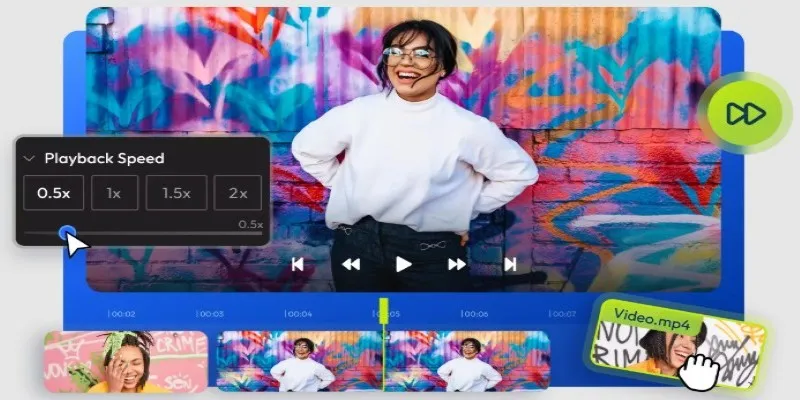
9 Free Tools to Speed Up a Video Online (No Downloads Needed)

Magisto: The Simplified Approach to Video Editing for Quick and Effective Content
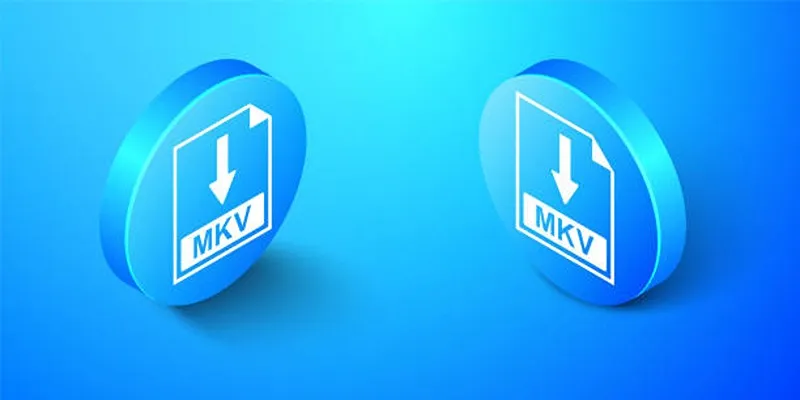
Top Free Software to Convert MKV to AVI for Windows Users

Top 5 Split Screen Video Editors for Windows 10 and Mac Users
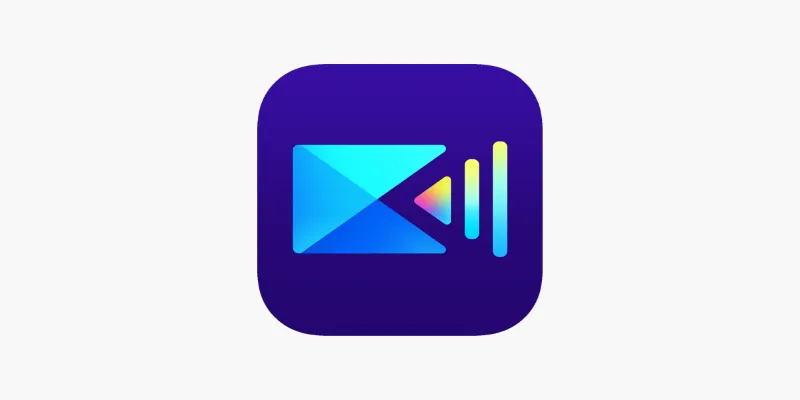
PowerDirector: A Fast and Accessible Video Editing Tool for Everyone

Top 5 Free Video Enhancers to Instantly Boost Video Quality

CapCut, WeVideo & More: Tools That Simplify Video Editing

Free Video Editing Software for Mac OS X: 10 Excellent Choices

Top Video Editors for Android – Best Alternatives to iMovie

Simple Guide to Converting and Editing Videos for BlackBerry Phones

10 Best Free Video Editing Tools to Make Social Media Videos Stand Out
Popular Articles

How to Automatically Share New YouTube Videos on Discord: A Step-by-Step Guide

Top Desktop Video Editors for Background Removal

How to Automatically Save Gmail Attachments to a Google Drive Folder: A Complete Guide

The 12 Best Digital Marketing Tools in 2025 to Amplify Your Strategy
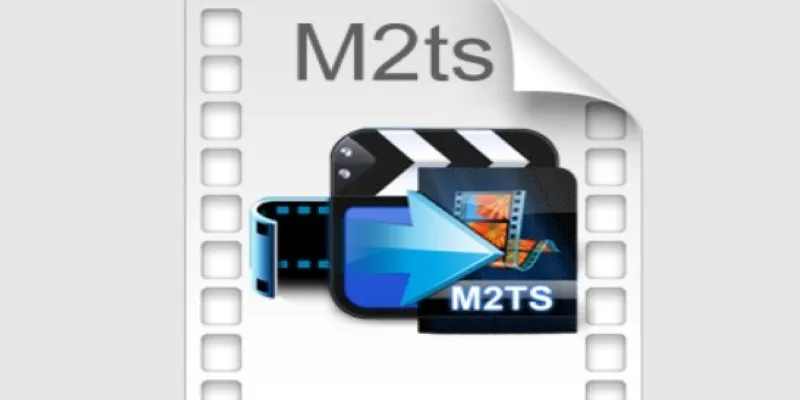
Convert M2TS to AVI for HDTV: The Best Lossless Methods
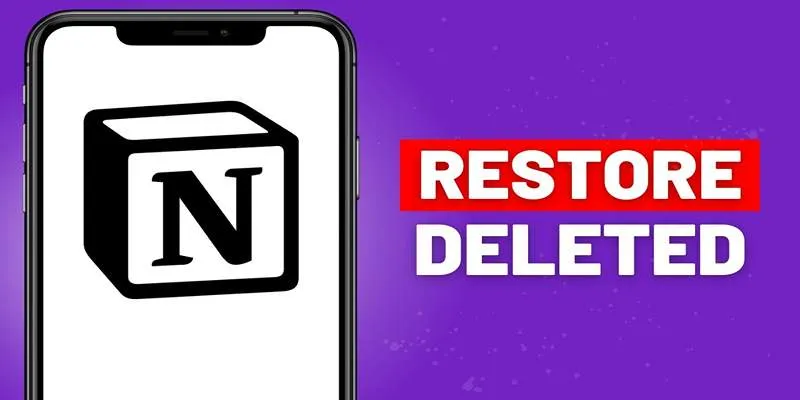
Recovering Deleted Files in Notion: Step-by-Step Guide In 2025

No Sound in Windows Movie Maker? Here’s How to Fix It

Best Methods to Convert MKV to WAV Without Audio Quality Loss
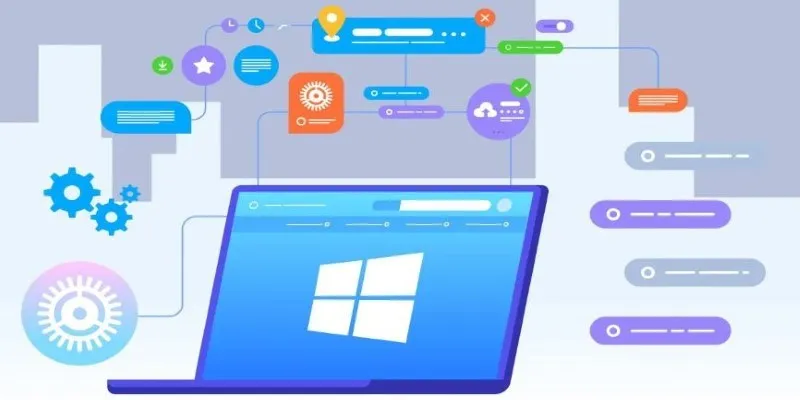
The Tool Debate: Browser-Based or Installed
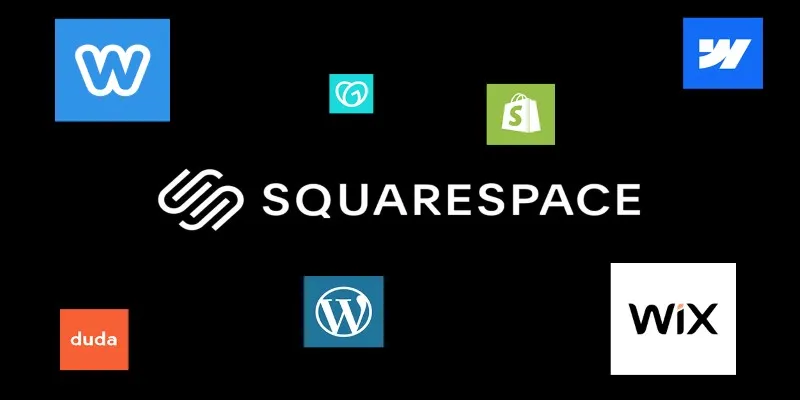
The 6 Best Squarespace Alternatives in 2025 for Custom, Creative Web Design
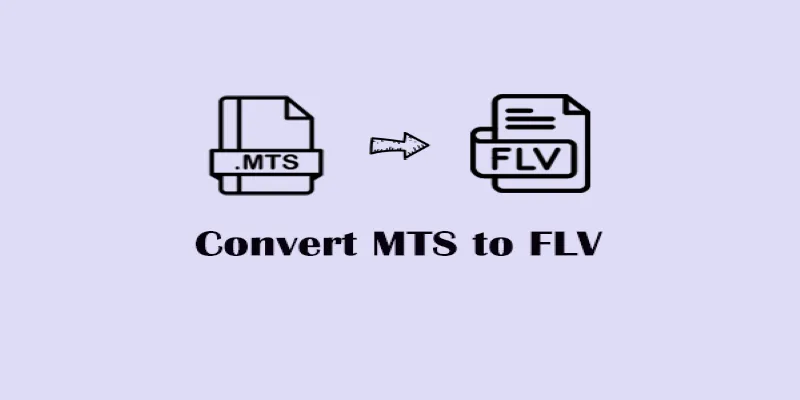
Convert MTS to FLV Easily with These 8 Desktop Tools

 mww2
mww2